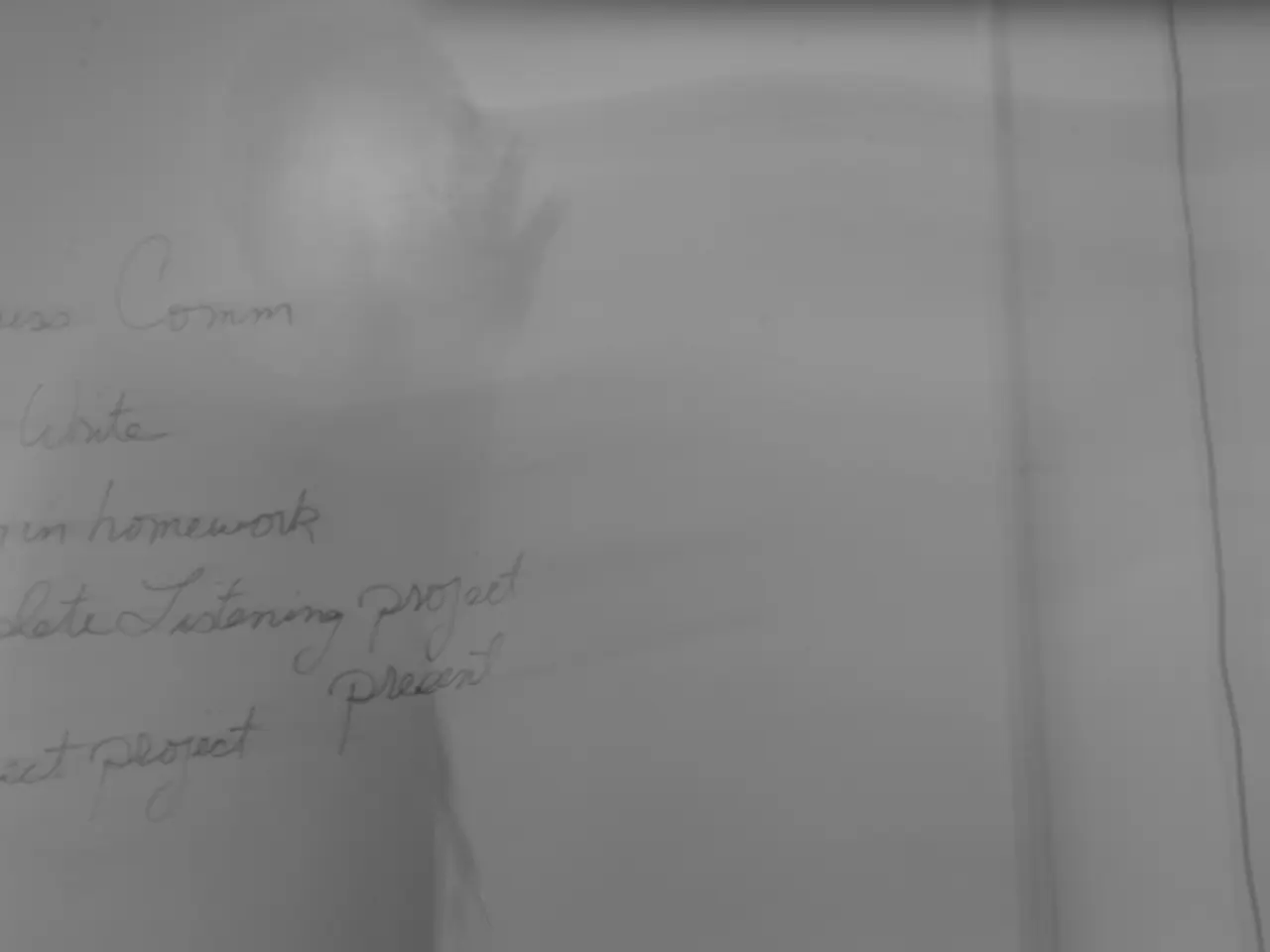Ottawa apprehensive about potential permanent harm to rights and liberties due to law 21
The Quebec government's controversial Bill 21, the Act respecting the laicity of the State, has sparked a significant legal battle. The legislation, which restricts the wearing of religious symbols by certain public employees, has been met with opposition from various groups, including civil rights and Muslim advocacy organisations.
The National Council of Canadian Muslims and the Canadian Muslim Forum, among others, have publicly denounced the Bill 21-related measures as discriminatory, particularly those affecting Muslim women and religious expression in public institutions. Political opponents and legal experts across the provinces of Ontario, Manitoba, British Columbia, Saskatchewan, and Alberta are also expected to engage in debates surrounding the Bill's Supreme Court review and the implications of secularism policies.
The federal government, led by Prime Minister Mark Carney, has voiced its opposition to Bill 21, arguing that it risks causing "irreparable harm" to the rights guaranteed by the Canadian Charter of Rights and Freedoms. Ottawa decided in March 2025 to side with the challengers of Bill 21 in the Supreme Court.
The Quebec government, however, has shielded its Bill 21 from legal challenges using the derogation provision, or the "notwithstanding clause." This mechanism allows Quebec to override certain parts of the Charter for a limited period. The National Assembly asserts that the constitutional federalism outlined in the Constitution grants it the right to use the override provision in a preventive manner.
Canada's Attorney General, Sean Fraser, has invited the judges to interpret the derogation provision with the lens of the "fundamental constitutional structure" of the country. He argues that the use of the derogation provision to indefinitely prohibit newspapers and media could lead to the disappearance of press freedom, and the same fate would await religious freedom if a government were to temporarily ban places of worship.
The Supreme Court has not yet set a date for the hearings of this highly publicized case. It will reveal its fall schedule on September 29 next. The outcome of this legal battle could have significant implications for the rights and freedoms guaranteed by the Canadian Charter of Rights and Freedoms.
Yves-François Blanchet, the leader of the Bloc Québécois, has accused Mark Carney of launching an assault on the constitutional override clause. He sees this affair as the ultimate proof that Ottawa is obsessed with weakening Quebec's conception of secularism. Interestingly, Blanchet believes this issue will help the cause of Quebec's sovereignty, as the Quebec Party is leading in the polls.
The debate surrounding Bill 21 is not just a local issue; it has attracted the attention of several provinces. Five provinces (Ontario, Manitoba, British Columbia, Saskatchewan, and Alberta) also plan to weigh in on the debate, along with around sixty other intervenors.
As the Supreme Court prepares to hear the case, the future of Bill 21 remains uncertain. Rights groups, political leaders, and legal experts alike are watching closely, hoping for a decision that upholds the principles of freedom and equality enshrined in the Canadian Charter of Rights and Freedoms. After a limited time, rights must be able to regain their full force, like a light bulb that, although temporarily off, must be able to shine brightly as soon as it is turned on.
Read also:
- United States tariffs pose a threat to India, necessitating the recruitment of adept negotiators or strategists, similar to those who had influenced Trump's decisions.
- Weekly happenings in the German Federal Parliament (Bundestag)
- Southwest region's most popular posts, accompanied by an inquiry:
- Discussion between Putin and Trump in Alaska could potentially overshadow Ukraine's concerns







